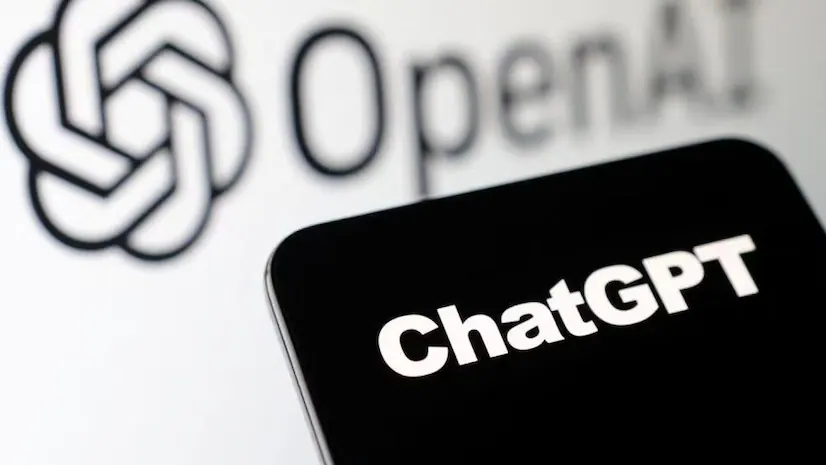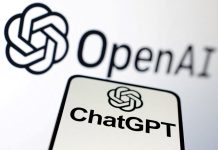Initially viewed with skepticism due to concerns about cheating, ChatGPT is now being considered for integration into classrooms. OpenAI, a Microsoft-backed company, has recognized the potential of ChatGPT in education and is working towards harnessing its capabilities for learning.
The same platform was once ridiculed for helping students cheat in tests
ChatGPT, known for generating human-like responses, was seen as a threat to academic integrity. Teachers were initially alarmed by the possibility of students using it to cheat. However, perspectives shifted as educators began to see the potential benefits of AI in enhancing teaching methods and student learning.

The proposed use of ChatGPT in education opens up a world of possibilities. It can serve as a personalized tutor, offering tailored support to students with different learning styles. For teachers, it could be a valuable assistant, aiding in curriculum development and bringing creative elements into the classroom, like generating historical narratives or scientific explanations.
One of the key benefits of ChatGPT is its non-judgmental nature, encouraging students to ask questions without fear of embarrassment. This feature could significantly enhance classroom engagement, especially for students who are hesitant to participate in traditional settings.
However, the integration of ChatGPT in schools isn’t without challenges. Privacy concerns, especially for minors, need careful consideration. With varying online privacy laws worldwide, ensuring the safe and ethical use of AI in education is crucial. OpenAI’s initiatives to engage educators and inform them about ChatGPT’s capabilities and potential risks are steps in the right direction.
Moreover, partnerships with education-focused organizations, like Khan Academy and Schmidt Futures, show OpenAI’s commitment to making AI a valuable educational tool, particularly in underserved communities.
RELATED:
- Crossbeats Nexus smartwatch with ChatGPT integration now on sale in India
- OpenAI is Putting a Hold on New Sign-ups for ChatGPT Plus
- OPPO Find N3 Review: The foldable phone with the best camera







